New acoustic research reveals that Stradivari pushed up vocal type resonances into tenor and alto range – but makes no comparison to modern violins

A key graph from the study plotting vocal tract lengths of male vs. female singers, and emulated vocal tract lengths for Strad vs. non-Strad violins
The characteristic brilliance of Stradivari violins could be attributed to the fact their acoustic properties emulate the vocal tract resonances of humans, specifically in the tenor and alto range.
A study published in PNAS, the scientific journal of the U.S. National Academy of Sciences, used speech analysis techniques on 15 antique Italian violins and compared them to male and female singers. The authors of the study are Hwan-Ching (Bruce) Tai, Yen-Ping Shen and Jer-Horng Lin of the National Taiwan University, and Dai-Ting Chung of the Chimei Museum in Tainan, Taiwan (which provided the instruments).
‘He stated, in 1751, that the ideal violin tone should “rival the most perfect human voice”.’
The study observes that the voice-like resonances of pre-Stradivari violins, including Amatis, generally resemble basses/baritones, whiles Stradivaris are closer to tenors/altos.
It looks at vocal formants (the acoustic resonances of human vocal tracts) as well as vowel sounds, identifying a tendency in Stradivari violins towards frontness and openness compared to earlier and contemporary Cremonese and Brescian instruments.
It suggests these characteristics may account for the ‘brilliance’ associated with the Stradivari sound, quoting the Hills’ description of ‘a woody, round, and brilliant tone, full of charm and singing quality’.
The study is emphatically not suggesting the qualities are unique to Stradivaris or antique instruments versus modern ones, noting that it makes ‘no attempt to judge the relative merits of Strad violins against modern violins, which is a very diverse group that defies simple categorization’.
Commenting on the study, The Strad’s managing editor Christian Lloyd noted that the voice-like characteristics of violins have always been part of how their tone is described and appreciated: ‘People talk about their violins being lively, sweet or mellow – while if they don’t like the sound, they’ll say it’s metallic, tinny or steely.’
We don’t think there are “secrets of Stradivari” any more.’












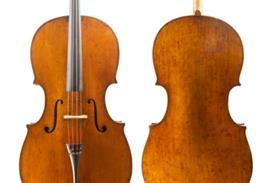
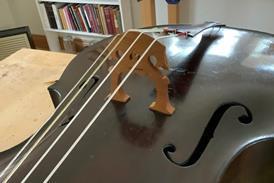
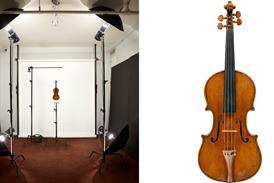
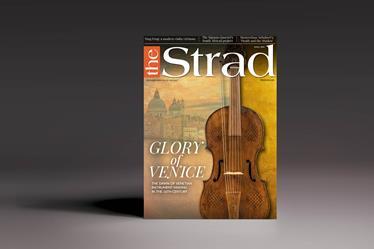






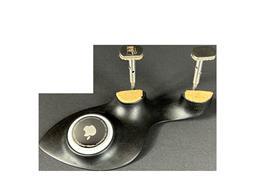












No comments yet